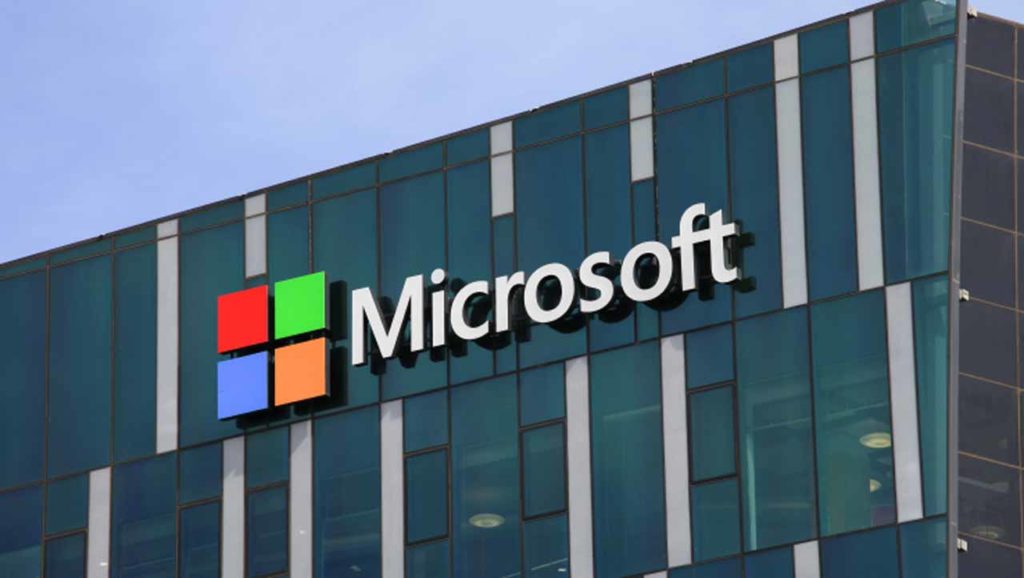Microsoft has outlined many initiatives aimed at accelerating Nigeria’s transition to a more digital economy in a joint announcement with the Nigerian government.
Microsoft established three main pillars for building strong foundations for a digital economy in Nigeria after comprehensive consultations with the government: connectivity, skilling, and digital transformation.
“We believe in Nigeria’s future, and as a group, we are excited to expand our investments,” says Microsoft President Brad Smith. “Together, we have a huge opportunity to put technology to use, build jobs, nurture the technology ecosystem in Nigeria, and use technology to retain the best of the past while also propelling us forward.”
According to research, Nigeria has about 50% internet penetration, and although the pandemic has accelerated the speed of digitisation, more work remains to be done to enable all people to take advantage of the benefits of the digital economy.
By using the unused broadcasting frequencies of television white spaces, Microsoft’s Airband Initiative has been effective in introducing high-speed internet access to underserved communities all over the world.
The system is less expensive and quicker to install than fiber, and it has the added advantage of being able to travel long distances and across densely forested areas.
Six regions across the country have been identified for the construction of high-speed internet connectivity following negotiations with the Federal Ministry of Communication and Digital Economy and local partners. Microsoft’s Airband team will collaborate closely with local partners to enhance broadband coverage in these areas, as well as assist with the design and deployment of hyper-scale cloud services.
Since technological infrastructure is insufficient to ensure long-term digital transformation, Microsoft has pledged to upskill five million Nigerians over the next three years. To help the country’s youth and government employees achieve this aim, 1,700 trainers will deliver combined online and in-person training courses. In order to align job seekers with the right employers, the government will be given the resources to digitally transform skilling, schooling, and employment methods. In the next three years, we expect to build over 27,000 new digital jobs.
“We’ve set a huge target for ourselves: in the next three years, we want to reach five million people in Nigeria with digital skills,” Smith continues. “However, this is not something we can do on our own. We’ll train master trainers and work with them to create tens of thousands of new jobs.”
The final pillar, digital transformation, will be comprised of two projects at first. The first will deal with corruption, which is a big global issue with annual economic losses of $3.6 trillion. Microsoft will support the design and deployment of cloud-based software to help the government combat corruption by partnering with local partners.
Microsoft will collaborate with the Economic and Financial Crimes Commission to use artificial intelligence and machine learning to help identify possible corruption risks, highlight them, and reduce them.
The second initiative would aid in the preservation of Nigeria’s rich cultural heritage, with Microsoft planning to use artificial intelligence software to preserve these treasures for future generations. Microsoft will help the National Institute of Cultural Orientation’s efforts to conserve and revive Nigeria’s three main indigenous languages: Hausa, Yoruba, and Igbo, through a newly formed collaboration.
“One of my favorite projects that we work on around the world is this one. It makes use of cutting-edge 21st-century technology to cultivate and preserve a culture that has been vital to humanity for centuries,” Smith concludes.
Video Source: Microsoft.com
Read more on Tech Gist Africa:
Rwanda is launching online learning programs to help its citizens develop their skills
